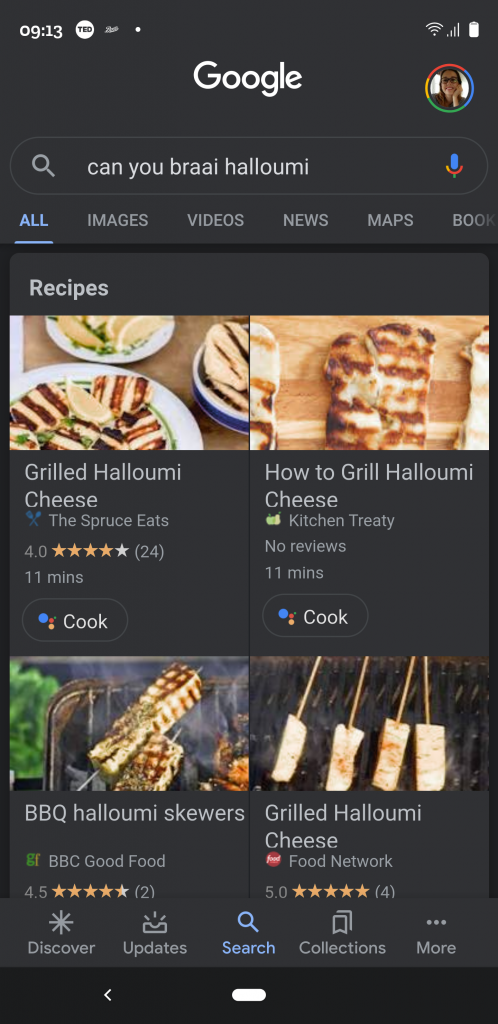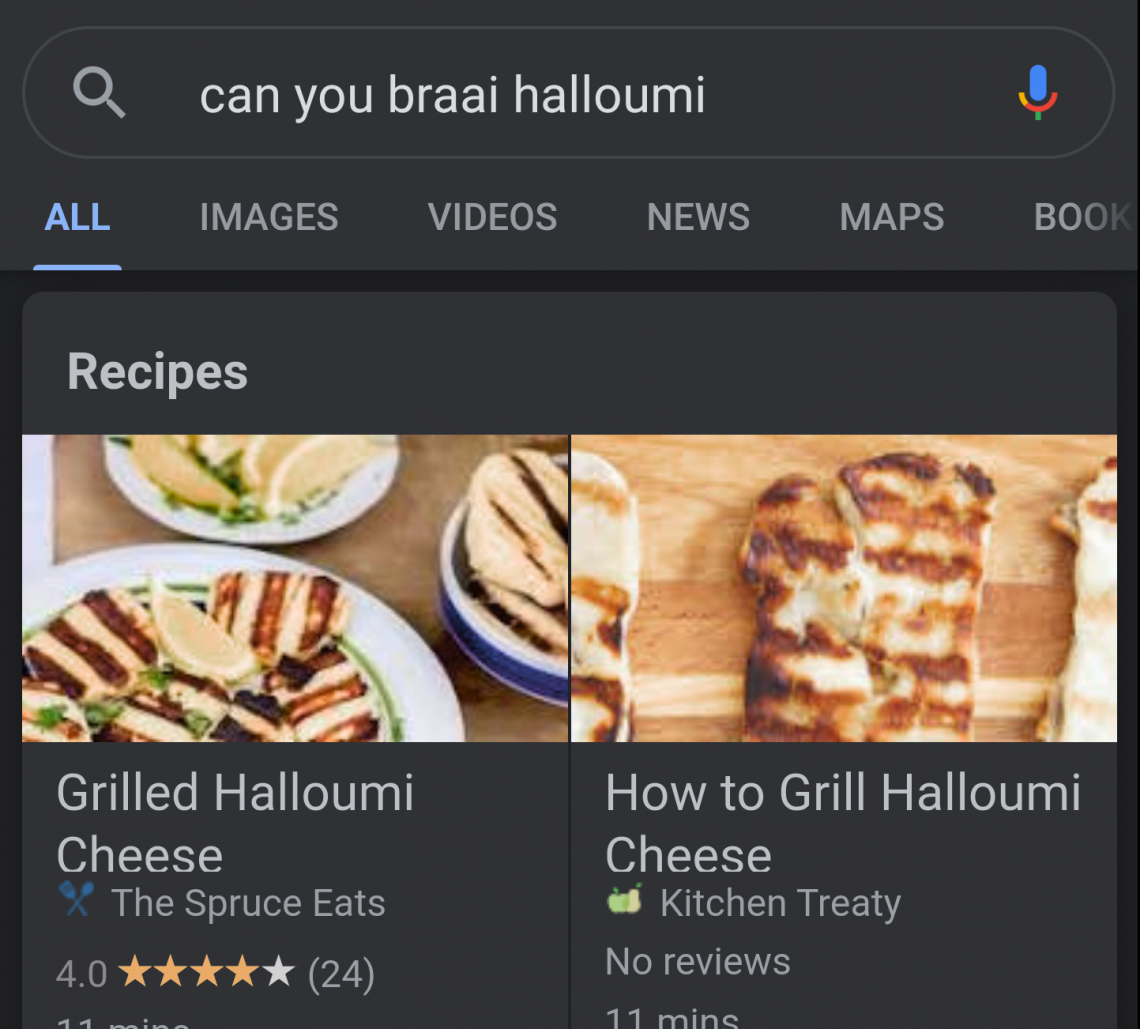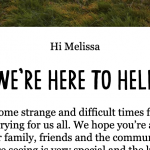Good news, you can stop optimising for keyword variants. Here’s a tasty reminder that Google gets context and is synonym savvy.
One of my favourite things about working in search is being more attuned to my own search habits and noticing how Google results are tailored to them.
When I’m using search like a regular person to look up phone numbers, opening times, get recipes, research illnesses, catch up on the news, debunk hoax and conspiracy email for relatives, read about toddler development milestones, fill random gaps in my knowledge… I’m often surprised to see new search functionality pop up, especially on my mobile where I use the Google app to search.
Google “gets” local vernacular
Sometimes the changes are obvious like an update to a visual feature. This week it was a subtlety that got my attention, when I was trying to solve a very important culinary problem: “Can you braai halloumi?”

I was in Namibia at the time, so instinctively used the local vernacular for barbecue = braai. A few years ago this could have been a doozy for Google. But the search engine had no trouble matching my query with a range of results–all for barbecuing halloumi. In fact, none of the results on the first page used the term “braai” at all.
This is a great practical reminder of just how good natural language processing has become in search.
You can stop writing like a robot now
Google fellow and VP of Search, Pandu Nayak, writes about the breakthrough that makes these results possible, a technique called Bidirectional Encoder Representations from Transformers (BERT).
It sounds complicated, but the top line is easy to wrap your head around:
BERT models can therefore consider the full context of a word by looking at the words that come before and after it—particularly useful for understanding the intent behind search queries.
Understanding searches better than ever before, Pandu Nayak, 25 October 2019
On a practical level, what this means for search optimisers, content creators and readers everywhere is that now more than ever we can stop to intentionally and tediously “optimise for keywords” and return to writing content that covers a topic passionately, authentically and with all the rich vocabulary, synonyms and variations an expert on the field would naturally employ.







Comments by Melissa Byleveld